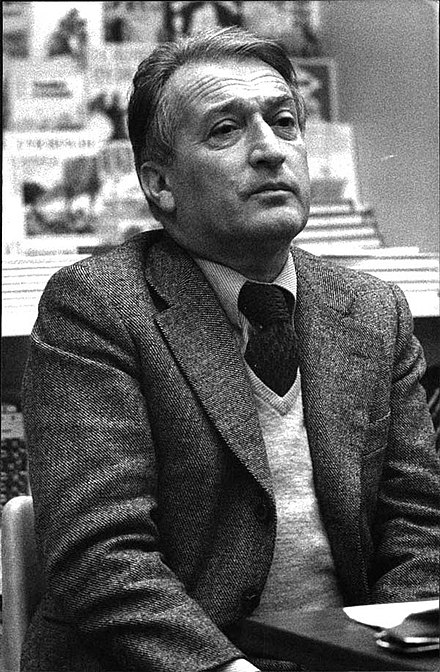
Published 2020-07-09
Keywords
- Gianni Rodari,
- gramscian pedagogical model,
- Neorealism genre,
- children’s literature
How to Cite
Abstract
Within the influence of Gramsci’s pedagogical model in the work of Gianni Rodari, this article examines the novel Piccoli vagabondi (Small vagabonds) (1952-1953), a unicum in the author’s production of Grammatica della fantasia (The Grammar of Fantasy), as it is characterized by neorealistic themes and by a communicative style that uses “proletarian” rhetoric, progressive vision and utopian elements. After mentioning the national issue of the non-existence of children’s literature (which Gramsci mentions in his essays on popular literature) and the neorealistic traits present in Rodari, the paper enters more directly into the merit of the neorealist novel, which presents itself as a document of the pedagogical effort (even contradictory) made by the Partito Comunista Italiano (Italian Communist Party) in the political climate of the “cold war” and as a testimony to the origin of the author’s search to reconcile realism with fantasy, dream and invention.

